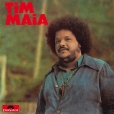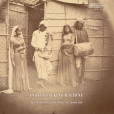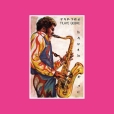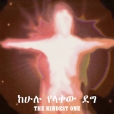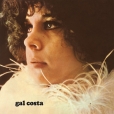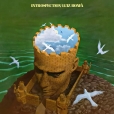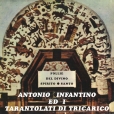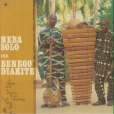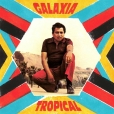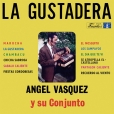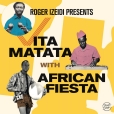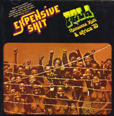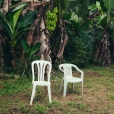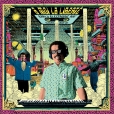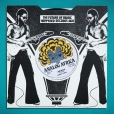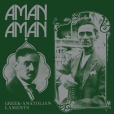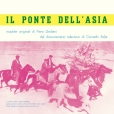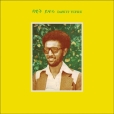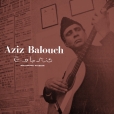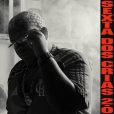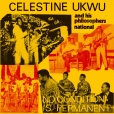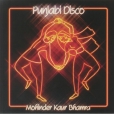Your basket is empty

‘Fourteen tracks of irresistible psych-spiked cumbia and Link Wray guitar from the edge of the Peruvian jungle’ (Uncut).
‘Rambunctious Peruvian Cumbia Amazonica … The unpredictable and unrestrained sound that locals lovingly called ‘llullampeo’ can be heard in all its glory in Gitanita’ (Sounds And Colours).
In 1974 the police raided Fela’s commune. Looking for dope, they threatened to pump his stomach.
Interpol head: ‘I’ll talk to you in my office.’
Fela: ‘You get office? You foolish, stupid bastard, you goat…’
Mental baile future-funk.
Impossibly, round two ratchets through higher gears than round one. The cutting and scratching skills are brutally imperious, by turn eviscerating in split seconds a trembling flock of far-flung musical prey. Out of the wreckage looms the apotheosis of apocalyptic Techno Scratch terror; the ebulliently vengeful prophesy of forebears like Grand Wizzard Theodore and the Knights of the Turntable.
Blisteringly hot.
A compilation of the deepest and most affecting songs by The Philosophers National from Nigeria, beginning in the 1970s. Lilting, multi-layered, pulsing music, with muted trumpet solos, mesmerising guitar runs, driving percussion, and concise and clear-eyed lyrics sung so beautifully by Celestine Ukwu.
‘Celestine ditched the jaunty dance rhythms and relatively facile lyrics typical of the reigning highlife tunes, and ignoring the soul music tropes most of the highlife bandleaders were appropriating in an effort to inject new life to their ailing format. Instead Celestine concocted a new highlife style that was more contemplative and lumbering; with the layering of Afro-Cuban ostinato basslines and repetitive rhythm patterns that interlocked to create an effect that was hypnotic, virtually transcendental. Meanwhile, Celestine himself sang as he stood coolly onstage in a black turtleneck and a sportscoat, looking like a university professor. The message was clear: this was not necessarily music for dancing—even though the rhythms were compelling enough. This was music for the thinkers’ (Uchenna Ikonne).
This is sensational; hotly recommended.
“The holy grail of British Asian music; the album that birthed the British Asian dancefloor.”
‘Recorded in London in 1982, the nine-track album combines producer Kuljit Bhamra’s searing synthesiser melodies and hammering drum machine rhythms with the Punjabi-language folk singing of his classically trained mother, Mohinder Kaur Bhamra. Part early acid house experiment, part north Indian tradition and part disco-funk, the record was a futuristic outlier: the south Asian fusion sounds of bhangra were only just beginning; the mainstream crossover music of the Asian underground was more than a decade away; and the British Asian diaspora were largely relegated to meeting at weddings and community events, rather than at the disco’ (The Guardian).

